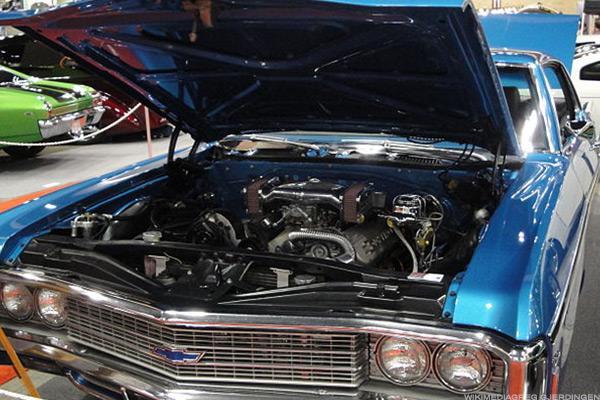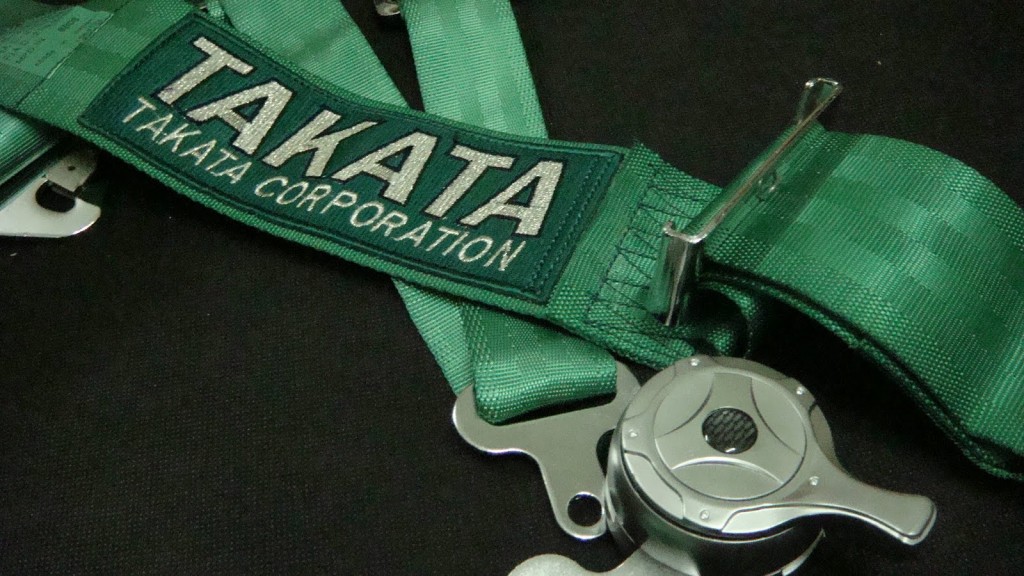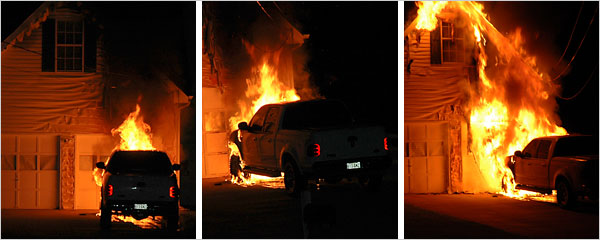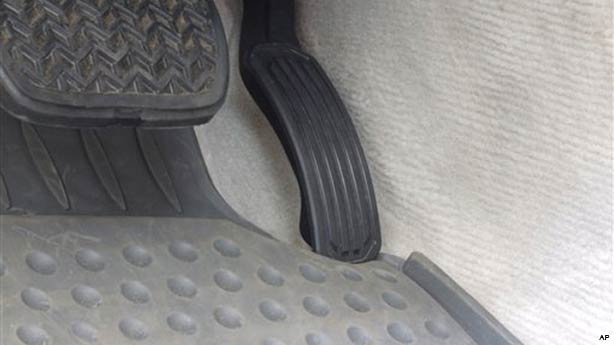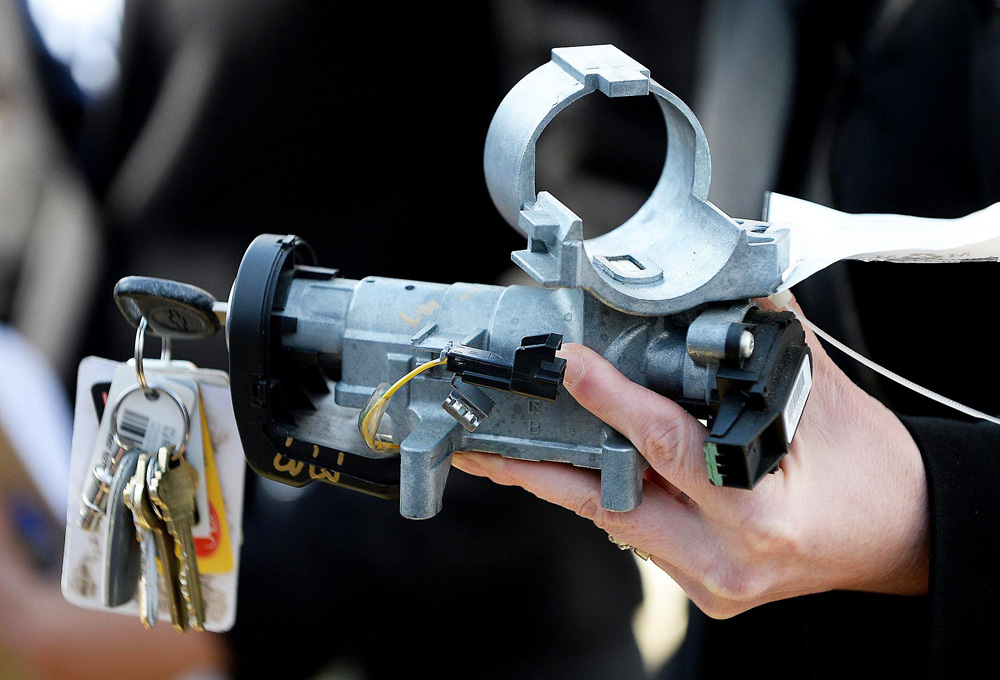The best news a car owner can receive is that there has been a recall of her car. That means, whatever it was, it affected everyone else. It means the receiver of the news either dinged a bullet or is about to get an unnecessary safety upgrade.
Of course, recalls don’t do much for consumer confidence, and nobody’s happy to lose their car for some untold period of time. Maintenance is disruptive, but a necessary facet of car ownership.
What is mind-blowing is some of the hits taken by car companies, like Ford who couldn’t claw their way out of a slump for about ten years.
These are the worst recalls in history.
GM Engine Mounts – 1971
6.7 million autos from the 1960s and ‘70s.
Due to engine mount failures, some GMs would accelerate without warning. Drivers could lose control of their cars, so GM installed restraints on recalled vehicles.
Ford Seat Belts – 1972
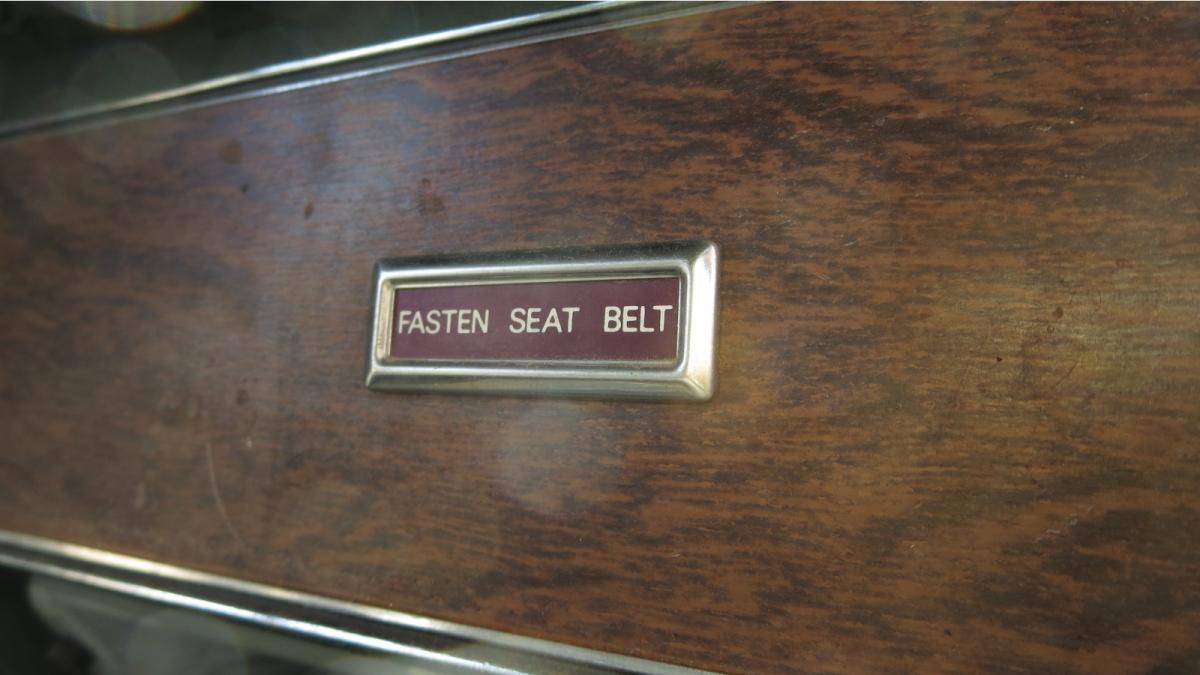
1972 Ford LTD dash | autoweek.com
4.07 million vehicles.
Seat belts in some Ford models could detach from the buckles, rendering the whole safety of the seat belt feature irrelevant.
Ford Park Failure – 1981
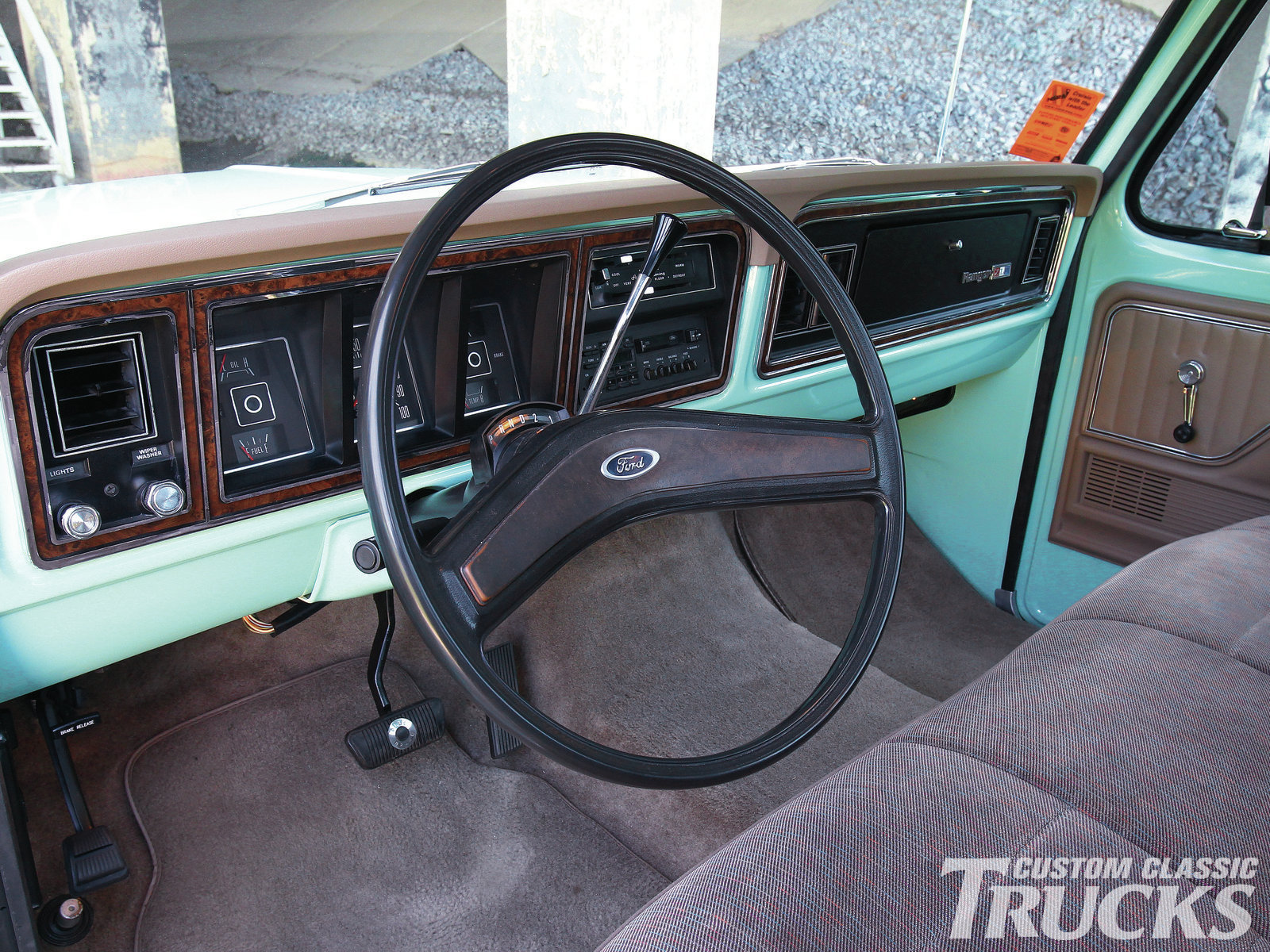
1979 Ford | picgran.com
21 million autos from 1976 to 1980.
When it happened, this was the largest recall at the time. A defective parking brake would cause Fords to slip into reverse, then roll away. Experts recorded over 6,000 accidents, 1,700 injuries, and at least 98 fatalities from this oversight. The solution from Ford was to mail Ford owners, not a rebate or coupon for repairs, but a dashboard sticker, warning of danger. The incident cost Ford $1.7 billion.
GM Control Arm – 1981
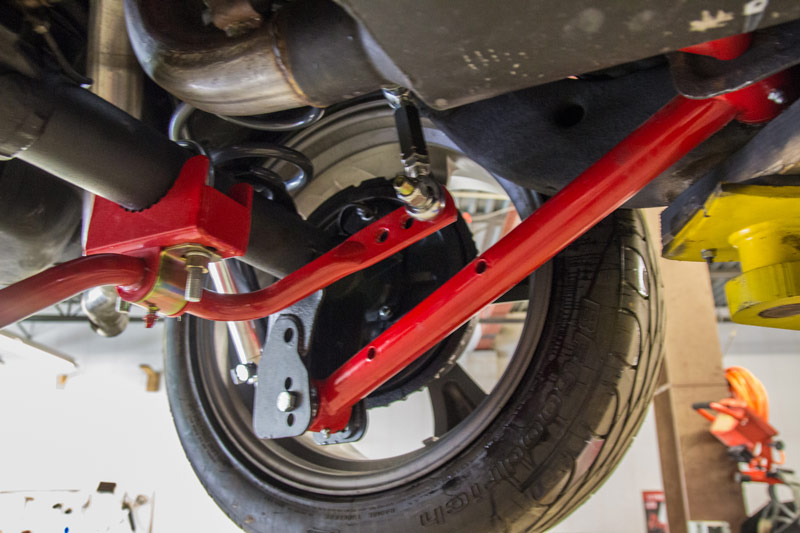
Upgraded GM Control Arm | umiperformance.com
5.82 million vehicles from the late 1970s.
The rear suspension could detach, destabilizing the steering, causing the driver to lose control of the car. This is no biggie if one is looking for a parking spot at Walmart, but going 75 down the freeway, sheesh.
Seat Belt Recall – 1995
8.3 million automobiles from Honda, Nissan, Chrysler, Mitsubishi, GM, Mazda, Suzuki, Subaru and Isuzu between 1986 and 1995.
This huge mess was after a nine-month investigation of almost 1,000 consumer complaints about faulty belts made by the Takata company. The button on the belts could crack, lock the belt in place, trapping the person under the belt. The estimated cost of the recall over nine manufacturers was $1 billion.
Ford Ignition – 1996
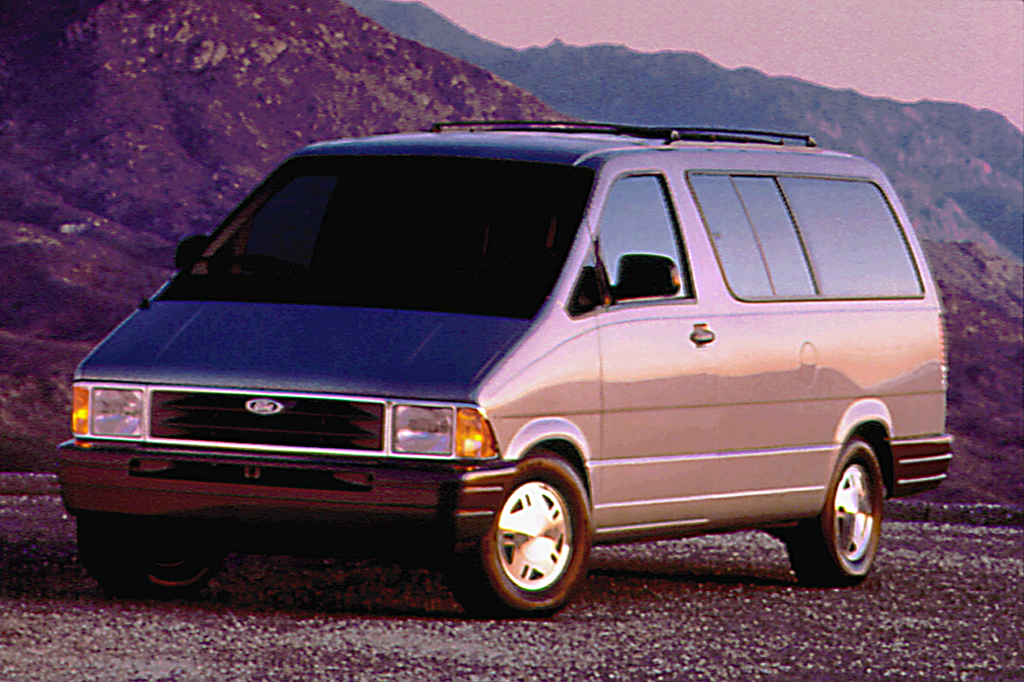
1990 Ford Aerostar | consumerguide.com
8.7 million vehicles, 1988-93 models of Ford Aerostar, Bronco, Crown Victoria, Mustang, Escort, Tempo and F-Series Trucks; Mercury Cougar, Grand Marquis and Topaz and Lincoln Town Car.
The ignition in some Fords could cause a small problem when it would spontaneously light on fire. This could happen at any time, whether the driver was in the car or whether the car was on. The mishap cost Ford $200 million.
Ford Cruise Control Fire – 1996
14 million automobiles, including the Explorer, Bronco, F-Series Trucks and Lincoln Town Car.
Barely out of the fire from the last recall, Ford suffered another issue with fires, which started when the driver was braking. The fire was due to a bizarre connection between the brakes overheating and a small electronic switch for deactivating the cruise control. Whatever it was, it cost them almost $300 million, making 1996 an expensive year for Ford recalls ($500 million total).
Ford Cruise Controls – 2009
4.5 million vehicles from 1990 to 2000s.
Ford just could not win for losing with cruise controls for a hot minute. In this recall, defective Texas Instrument speed controls, likely the same issue from before, had faulty deactivation switches. What’s with all the faulty deactivation switches? Same as before, there was a risk of fire.
Toyota Floor Mat Recall – 2009-2010
9 million vehicles. Models: Avalon, Camry, Corolla, Matrix, Highlander, Prius, RAV4, Tundra, and their Lexus counterparts.
The world’s collective jaw hit the ground when Toyota’s name came up connected with a dangerous recall. Cars in the Toyota and Lexus lineups suffered stuck accelerators for a number of reasons, including getting stuck under the floor mats. Estimated costs to Toyota were $5-billion, the costliest recall in history.
GM Ignition Switch – 2014
5.87 million automobiles. Models: Malibu, Grand Am, Alero, and other models.
While operating affected vehicles, the ignition could switch into accessory mode. This would disable the airbags and could cause drivers to lose control of the car.
To avoid finding out about your car’s recall as you spin out of control off a cliff, keep your eyes and ears peeled for recall announcements. Maintain your vehicle as recommended by the manufacturer.
Sources: jalopnik.com, investopedia.com, cars.usnews.com


